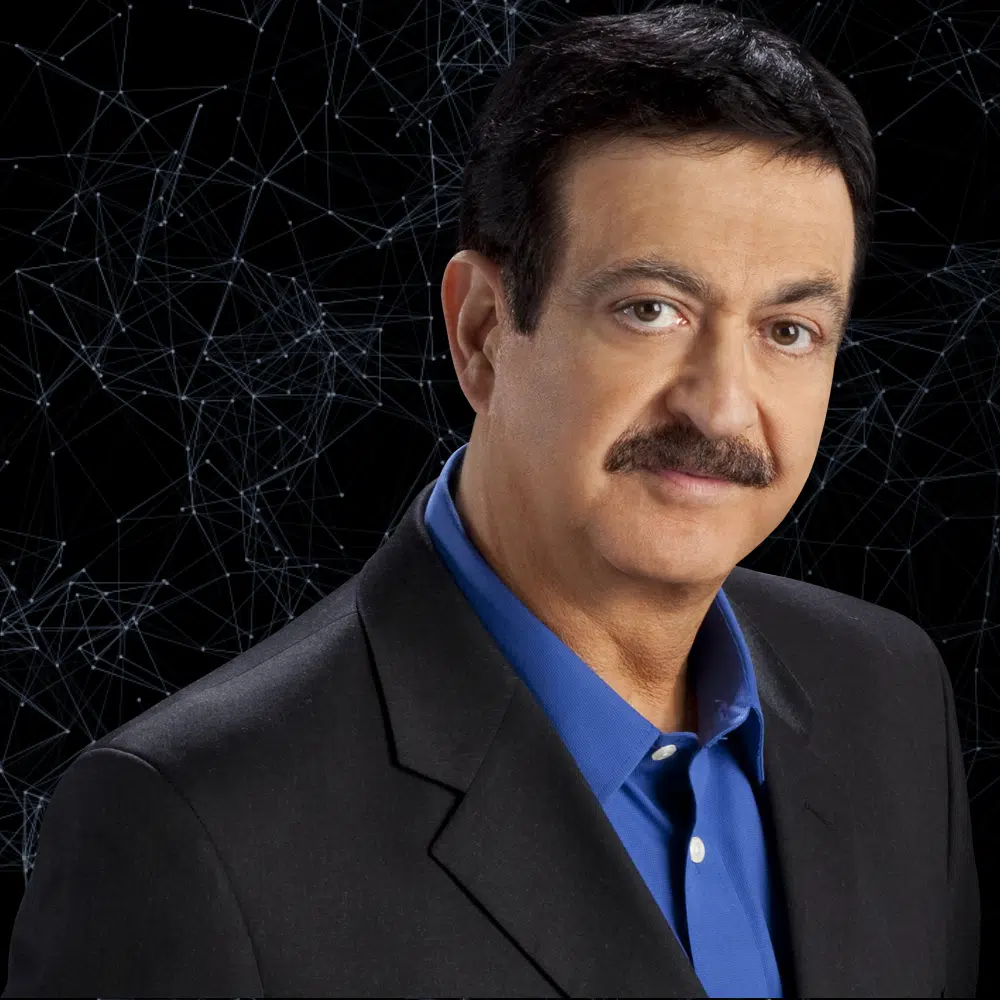MOSCOW (Reuters) – Russian Security Council Secretary Sergei Shoigu, a powerful ally of President Vladimir Putin, said on Thursday that the West should accept that Russia was winning the Ukraine war and negotiate an end to the conflict.
The 2-1/2-year-old war is entering what some officials say could be its final phase after Moscow’s forces advanced since August at their fastest pace since the early weeks of the conflict, and Donald Trump was elected as the 47th president of the United States.
Trump said during campaigning that he could bring peace in Ukraine within 24 hours if he was elected, but has given few details on how he would seek to end the biggest land war in Europe since World War Two.
Shoigu, who served as defence minister from 2012-2024 before Putin moved him to the security council in May, said the West had tried to use Ukraine to inflict strategic defeat on Russian but that the plan had failed.
“Now, when the situation in the theatre of military operations is not in the favour of the Kyiv regime, the West is faced with a choice – to continue financing it and destroying the Ukrainian population or to recognise the current realities and start negotiating,” Shoigu said.
Shoigu told a meeting of security officials from the Commonwealth of Independent States in Moscow that Russia saw the Ukrainian leadership as a “terrorist” controlled by outside powers.
The Kremlin reacted cautiously on Wednesday after Trump was elected U.S. president, saying the U.S. was still an unfriendly state and that only time would tell if Trump’s rhetoric on ending the Ukraine war translated into reality.
Reuters reported earlier this year that Putin is ready to halt the war with a negotiated ceasefire that recognises the current battlefield lines, but is prepared to fight on if Kyiv and the West do not respond.
The West and Ukraine describe the 2022 invasion as an imperial-style land grab by Putin, and Ukrainian President Volodymyr Zelenskiy has presented a “victory plan” requesting additional Western support to defeat it.
Putin casts the conflict as part of an existential battle with a declining and decadent West, which he says humiliated Russia after the Berlin Wall fell in 1989 by encroaching on what he considers Moscow’s sphere of influence, including Ukraine.
The conflict in eastern Ukraine began in 2014 after a pro-Russian president was toppled in Ukraine’s Maidan Revolution and Russia annexed Crimea, with Russian-backed separatist forces fighting Ukraine’s armed forces.
(Reporting by Guy Faulconbridge; Editing by Mark Trevelyan)



Comments